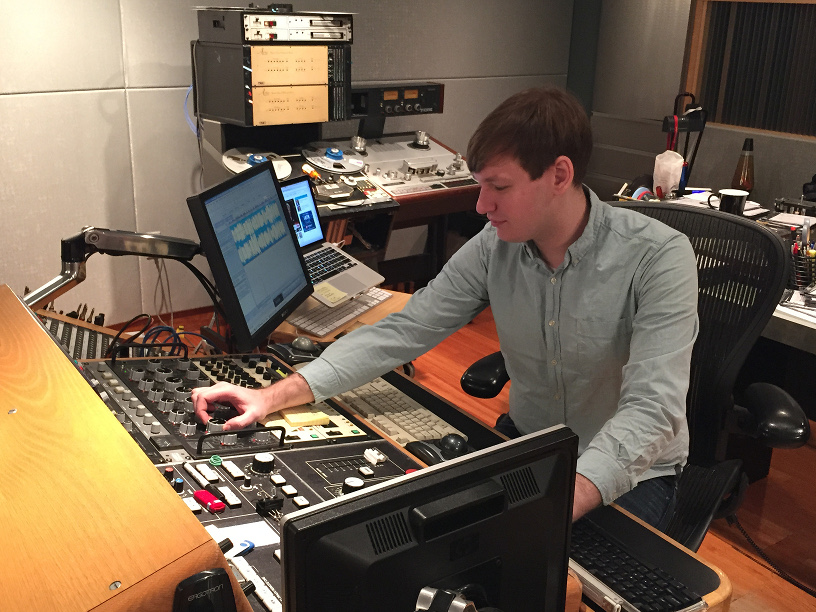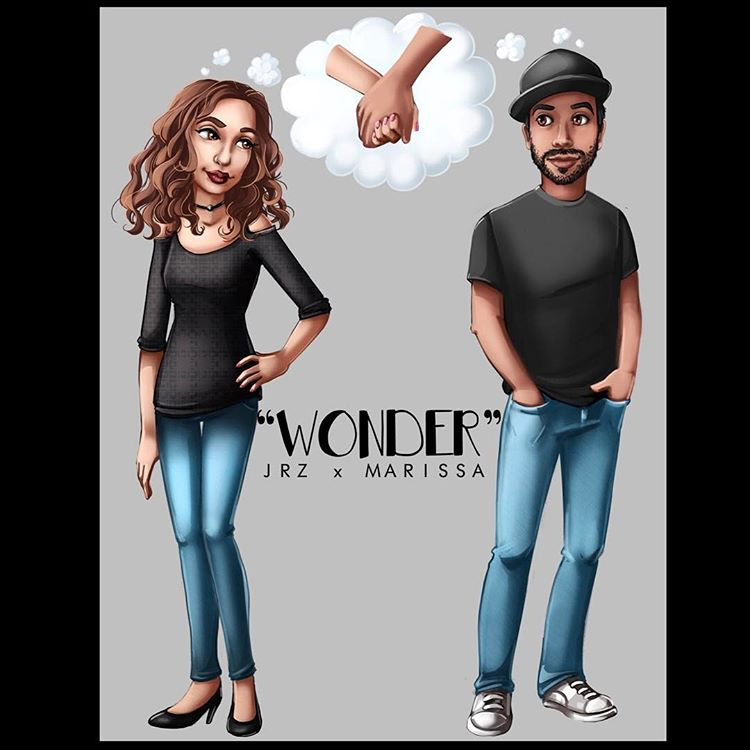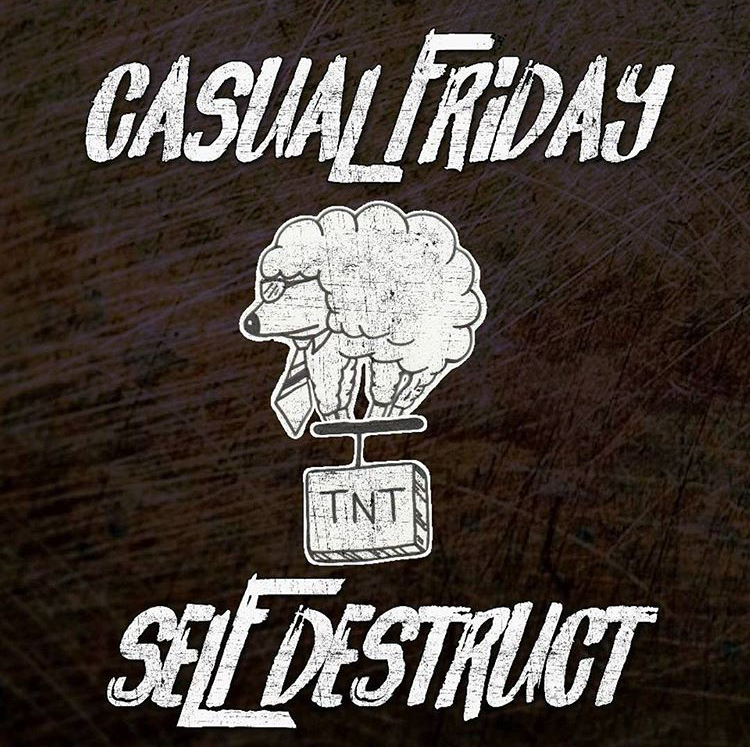Mike Piacentini Mastering
Mike Piacentini is a mastering engineer
based out of Sony Music’s Battery Studios in
New York City.
based out of Sony Music’s Battery Studios in
New York City.
About Mike
Mike started his mastering career working for various studios in the New York metro area, honing his craft of mastering records.
In 2014, he joined the staff of Battery Studios, Sony Music’s premier in house mastering facility, located in Midtown Manhattan.
Mike has mastered records for a wide variety of frontline and reissue projects with artists including Bob Dylan, Coheed and Cambria, New Found Glory, and many others.
Most recently Mike has mastered projects such as the Grammy award winning soundtrack Miles Ahead - A Miles Davis biopic.
Mike is well versed in the current needs of recording artists and producers, and can service any mastering needs in preparing a release for digital distribution, MFiT (Mastered for iTunes), vinyl, and other formats.
See For Yourself
Rock |
Pop |
Hip Hop |
Punk |

Echoes
by Lucida
from Echoes - Single

Frequently Asked Questions
Mastering is the last creative step in producing an album. From a technical standpoint, it is the process of compiling your mixes into deliverable formats for production. This can include production parts for vinyl, CD, digital WAVs etc. From a creative standpoint, this step in the production process allows for another engineer to take a fresh listen to the recordings. The mastering engineer can provide EQ, compression, and other processing to your final mixes, in order to bring a cohesive sound to your project, preparing it for commercial release.
It allows for another engineer to lend a new perspective to your mixes. There are many tools in the mastering portfolio that allow mastering engineers to repair, sweeten, and prepare your mixes for commercial release. When your mixes leave the mastering stage, they will be properly sequenced, fixed of any recording errors or glitches, and prepared to a level for a competitive commercial release.
Create a final print of your mix down as a two track stereo mix. This format will usually be a 24 bit WAV (or any lossless) file at whichever sampling rate your session was recorded at. This can also include ½” tape, or digital mix down formats (DAT, 1630, etc.). Make sure your final mix print is not clipping or close to 0 dbFS - as that will give ample room to work with your mixes.
Contact Mike




